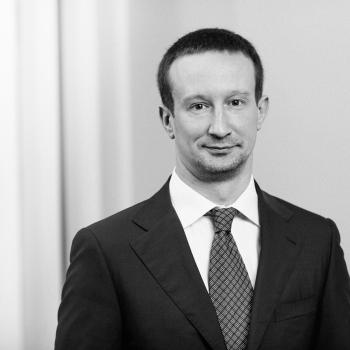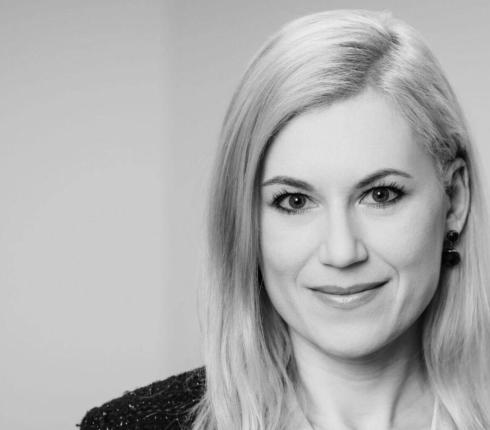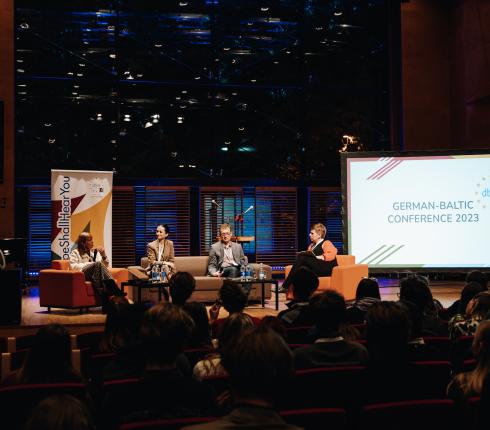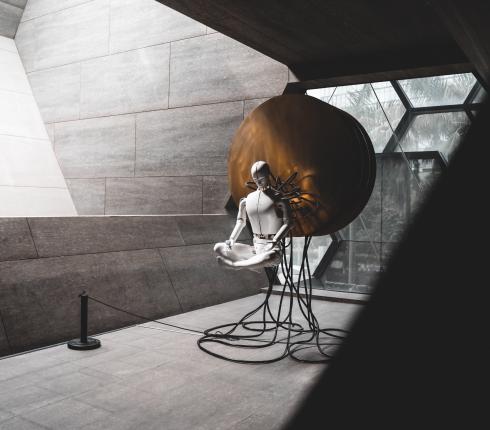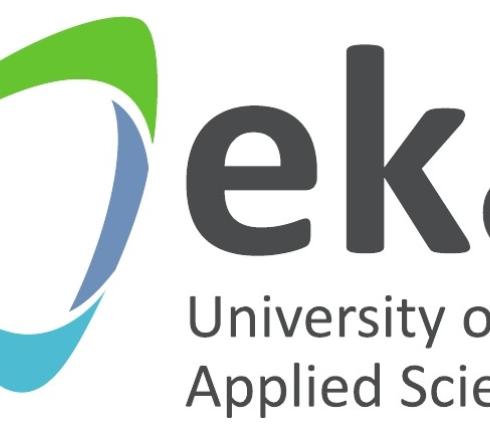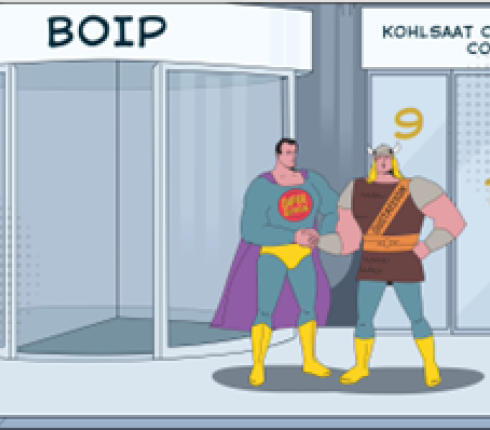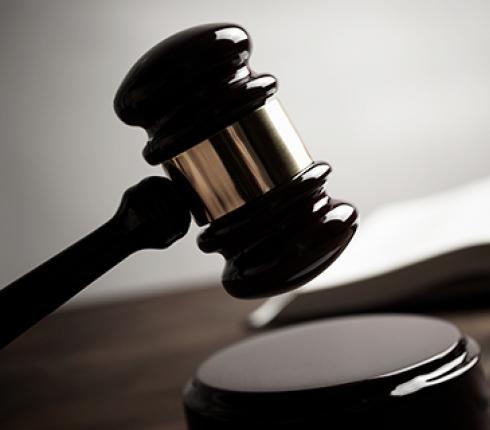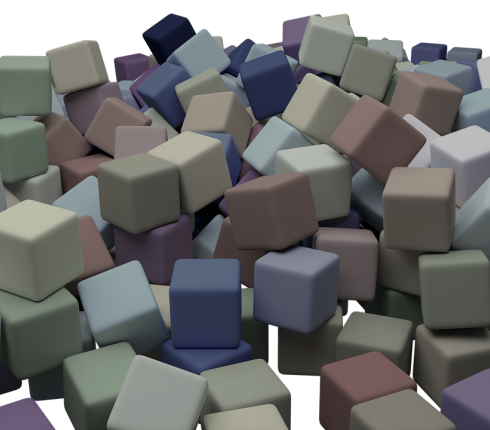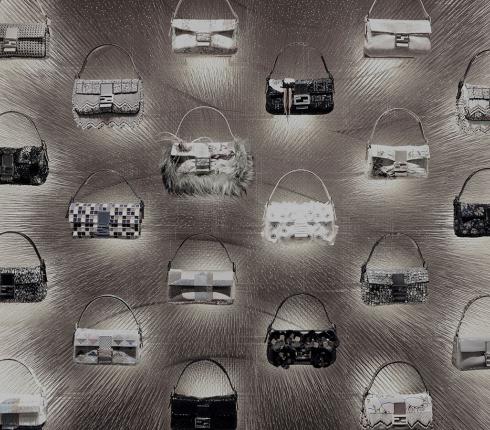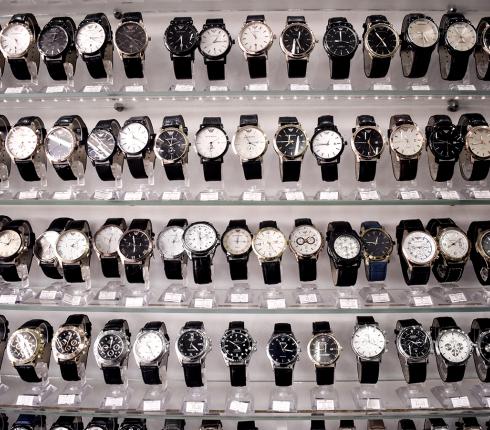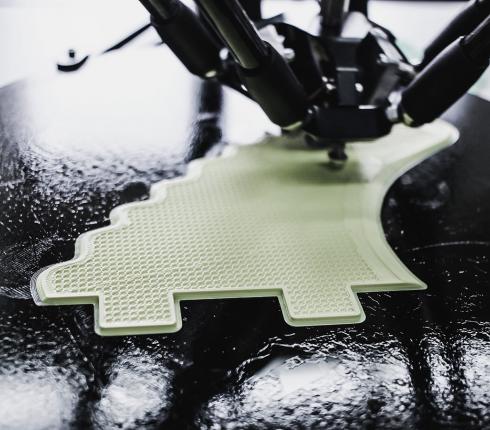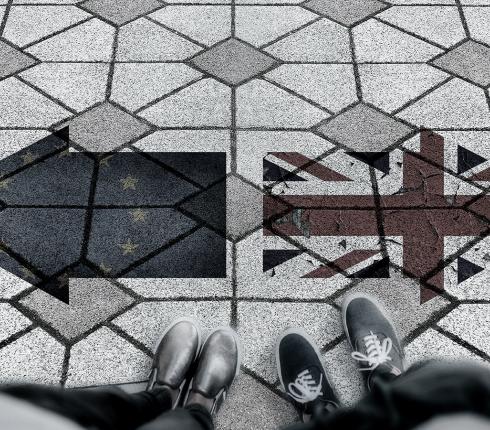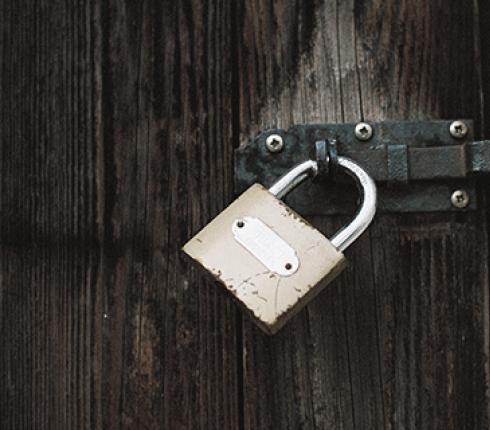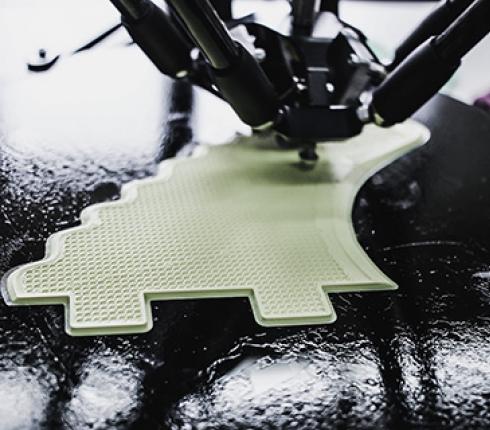New amendments of the regulation on the protection of intellectual property in Latvia
On 1 January 2016, the new Law on Industrial Property Institutions and Procedures entered into force. It provides a new and more effective system of the resolution of disputes and protection of the industrial property and its objects.
Regulation (EU) No 2015/2424 amending Council Regulation (EC) No 207/2009 on the Community trade mark and Commission Regulation (EC) No 2868/95 implementing Council Regulation (EC) No 40/94 on the Community trade mark, and repealing Commission Regulation (EC) No 2869/95 on the fees payable to the Office for Harmonization in the Internal Market, which entered into force on 23 March 2016, has provided several institutional and legislative changes to the intellectual property law of the European Union.
First of all, the institutional changes affected the Office for Harmonization in the Internal Market (OHIM) which changed its name to the European Union Intellectual Property Office (EUIPO). The changes also applied to the name of the "Community Trade Mark" (CTM) which now should be called the "Trade mark of the European Union” (EUTM). The changes within the regulation among other things amended the system of paying the fees, prescribed new requests for the specification of applications on the registration of trademarks in the future, and provided new orders and terms for applications for the renewal of trademarks.
What effects will the changes have on Latvian regulation?
The changes to the Latvian regulation entered into force on 1 January 2016 with the new Law on Industrial Property Institutions and Procedures, which provides a new and more effective system of the resolution of disputes and protection of the industrial property and its objects: invention patents (including supplementary protecting certificates for medicine products and plant protection products), topographies of semiconductor products, trademarks, and designs.
The Board of Appeal for Industrial Property will examine and settle disputes in relation to the:
- Appeals against decisions of the Patent Office, which were made within the procedure of registration or post-registration;
- Applications of opposition regarding the registration of the object of industrial property.
Taking into account that the members of the Board of Appeal for Industrial Property will not combine their duties with other appointments and that the Board of Appeals shall be functionally separated from the Patent Office, the settlement of disputes should be faster, and a greater level of independence of the Board of Appeals should be ensured.
The new Law on Industrial Property Institutions and Procedures also establishes a more specific regulation of professional patent attorneys and the mandatory requirement for them to have concluded a professional civil liability agreement. This will allow claims for compensation for the financial loss or damages occurred due to the performance of the professional patent attorney.
The amendments of the Law on Intellectual Property provided new rules on the determination of the amount of compensation for material and non-material damage, establishing among other things that the amount of compensation for non-material damage should be determined by the court at its own discretion.
